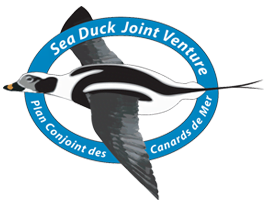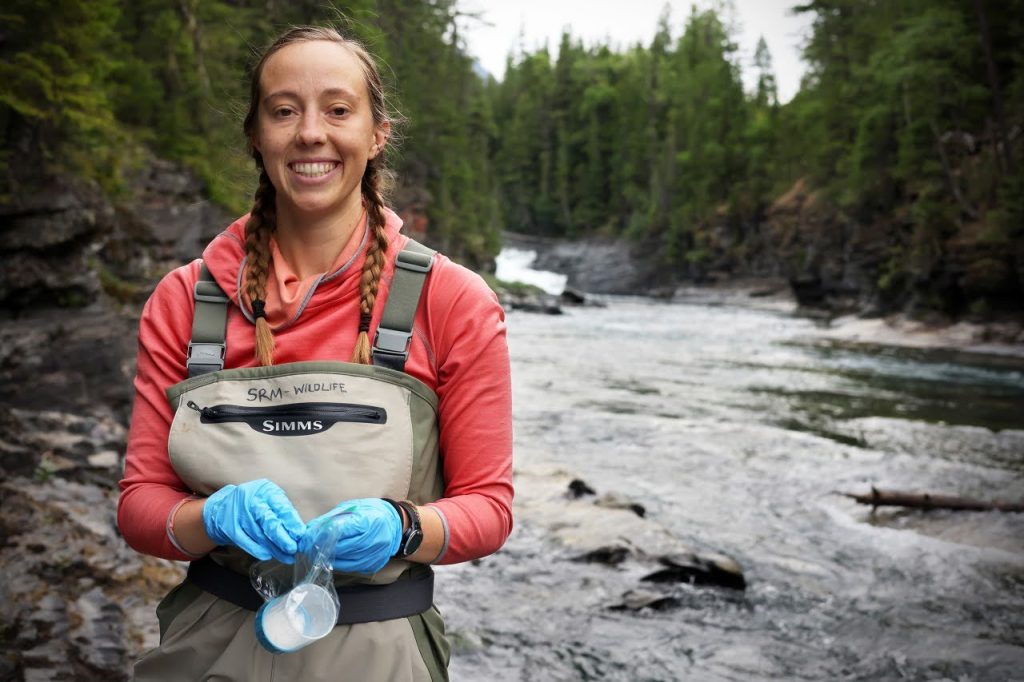
Holli Holmes is currently a Master’s student at the University of Montana with Dr. Joshua Millspaugh and Dr. Hannah Specht (Montana Fish, Wildlife, and Parks), in the College of Forestry and Conservation where she is focused on Wildlife Biology. Holli completed her undergraduate work at Colorado State University, obtaining a B.S. in Fish, Wildlife, and Conservation Biology. She grew up in Colorado near Rocky Mountain National Park, spent a lot of time outdoors, and was on the cross-country team, fostering her love of nature. During her undergraduate studies, she learned about all areas of biology and wildlife biology careers, which influenced her studies at Colorado State University.
Colorado State is also where Holli’s love of birds blossomed. As a transfer student looking to meet others with similar interests, Holli began seeking clubs to join. One day, she accidentally walked into an ornithology club meeting, which ultimately led to her joining the club and becoming a birder. After graduating from CSU, she worked several wildlife jobs across the Intermountain West, focused on fisheries, small mammals and reptiles, birds, and bats. A vast majority of this time was spent in Glacier National Park. The time here reignited her love of birds and helped her connect with an NPS biologist who hired her the following year as a non-game technician, with Harlequin Duck monitoring as part of her work.
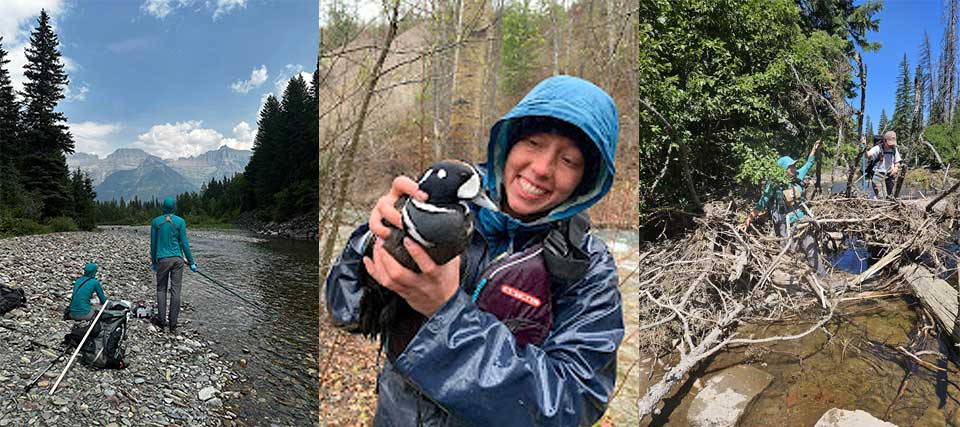
This project involved long-term monitoring of harlequin ducks during breeding and nesting seasons. Holli shared that the fieldwork was incredibly difficult at times, primarily involving traversing remote, white water streams and dense mountainous forests (the Harlequin Duck’s preferred habitat), to find breeding pairs and females with broods.
She loved the surveys, the birds, and the places she visited because of them. With her supervisor, Holli began to build a pilot study for her Master’s work. Developing the project was a true collaborative effort, involving representatives from multiple states, agencies, and the region-wide Harlequin Duck Working Group to identify knowledge gaps. The few long-term monitoring programs for the species have shown population declines over the past 20 years, with the species listed as imperiled in some states. Current survey methods are primarily in-person counts and observations, which can be difficult and variable.
A common need for a less intensive and invasive monitoring method and more accurate measures of population size and reproductive success emerged. Two methods, using camera traps and environmental DNA, are potential solutions to this issue. The groups pooled their resources together to support Holli in testing these methods.
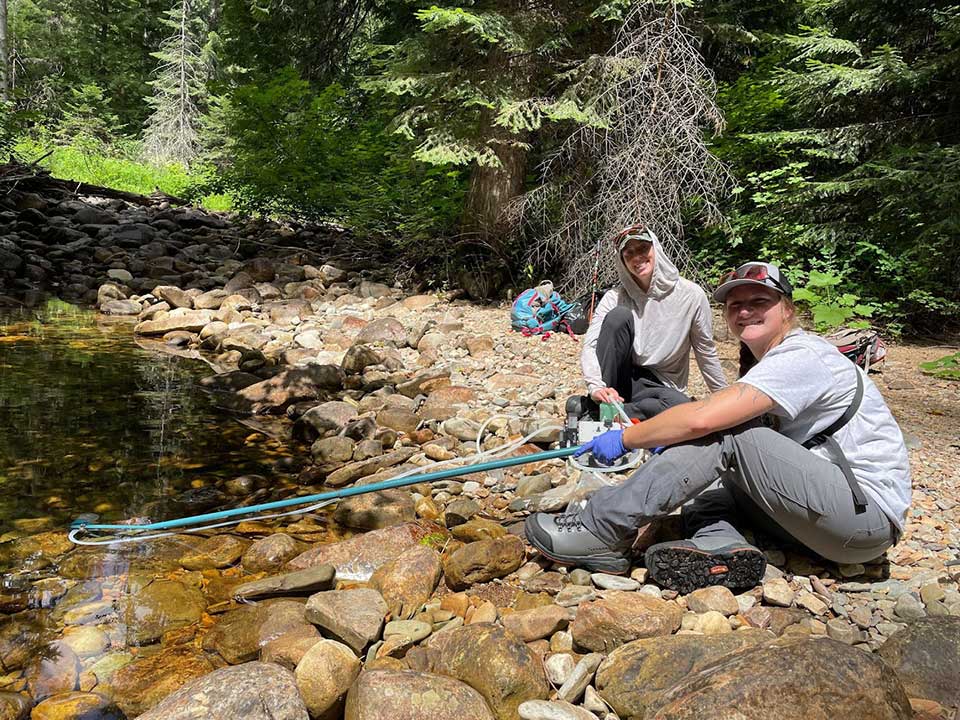
For her master’s research and her SDJV fellowship project, Holli has two main objectives. The first is testing these new survey methods, and the second is identifying key areas where we should be looking for the birds by creating a predictive occupancy model for the Northern Rocky Mountains. This work will be the foundation of a new Harlequin Duck monitoring program in the area.
She is currently finishing up the first chapter of her thesis and is now working on building the predictive occupancy model. This involves bringing together data from various sources – eBird, iNaturalist, parks surveys, state agency surveys, NGO partner monitoring programs, and more, to develop a spatial distribution model. They are using this information along with new survey data and eDNA samples, to predict areas where the ducks may be that they haven’t sampled before.
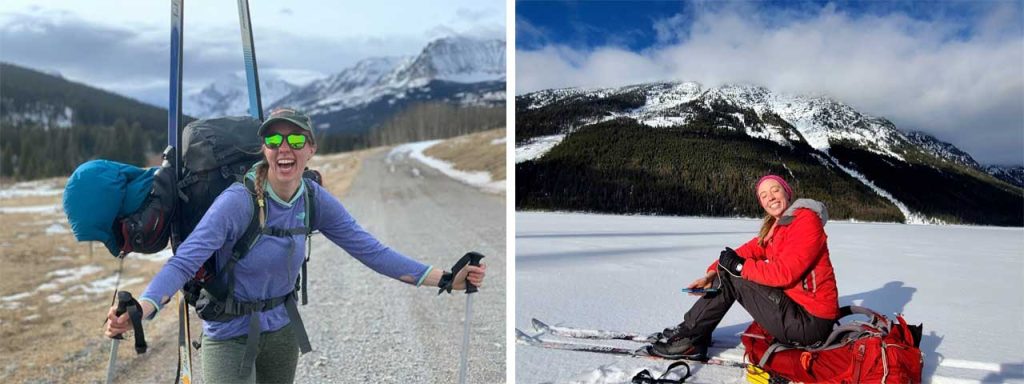
Holli shared that she is aiming to finish her degree in Spring 2025, and while she isn’t sure what’s next, she hopes to continue working on projects with direct conservation implications and those rooted in the needs of conservation managers. She loves the collaborative nature and region-wide scale of her current work and wants to continue working at this level, and she feels a strong draw to waterfowl and sea ducks. Her favorite one? Her study species, of course, for its tough nature and iconic plumage.
In her free time, she loves to trail run, hike, bike, and ski. She also likes to play board games, cook, and practice guitar. Her biggest piece of advice for other young researchers and scientists is to remain open to all types of opportunities and with different species, because you never know where they will lead you or who you will meet. These seemingly random opportunities sometimes end up being the key to getting your dream job or working with your favorite species!
You can learn more about our other amazing Student Fellows on our news page, and the Fellowship program here. We are currently accepting applications for our 2025 cycle.
